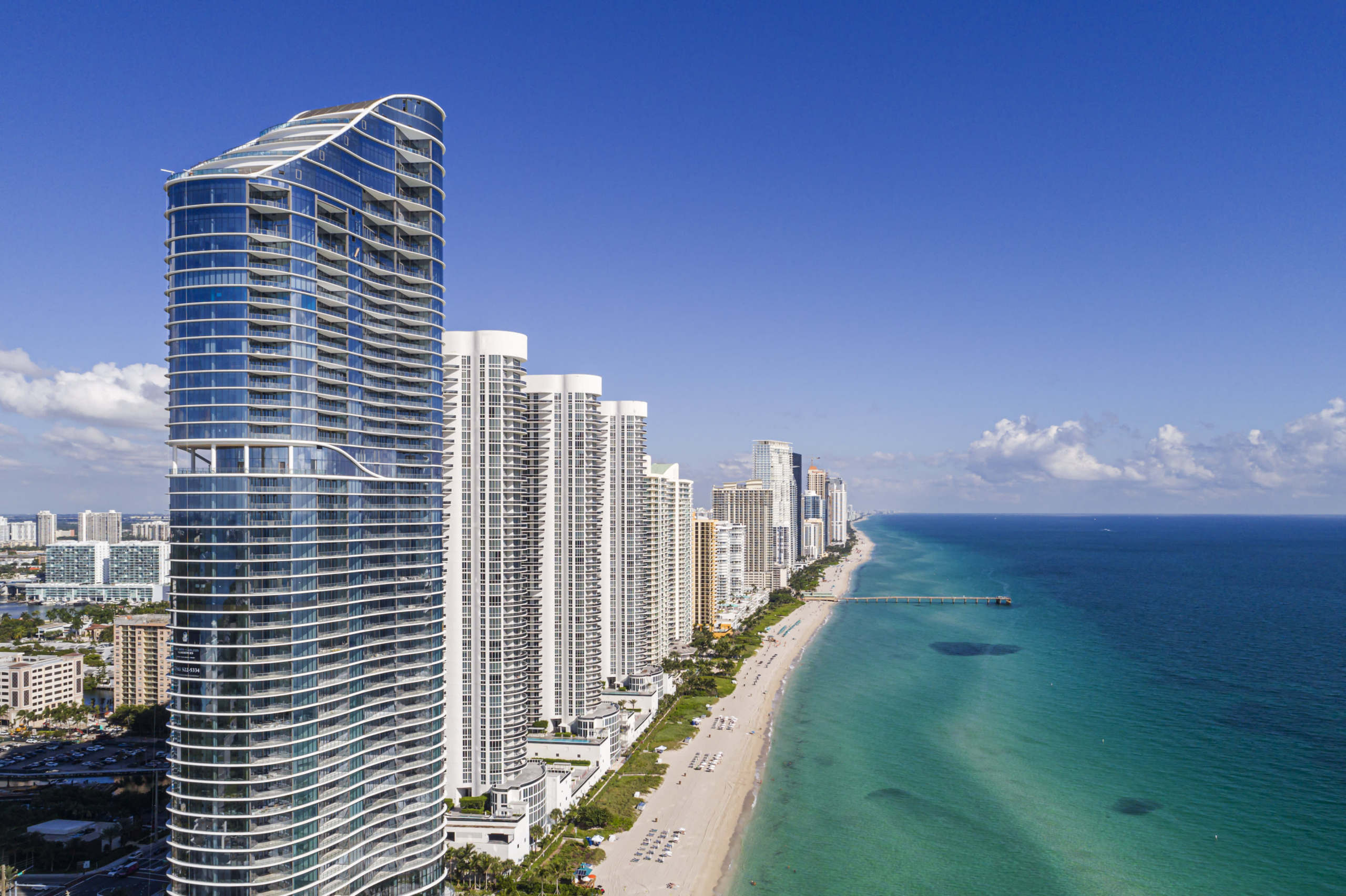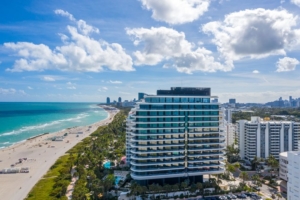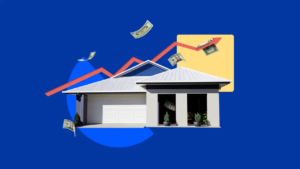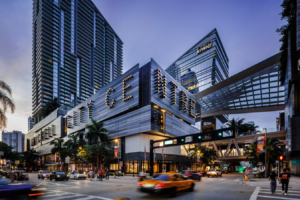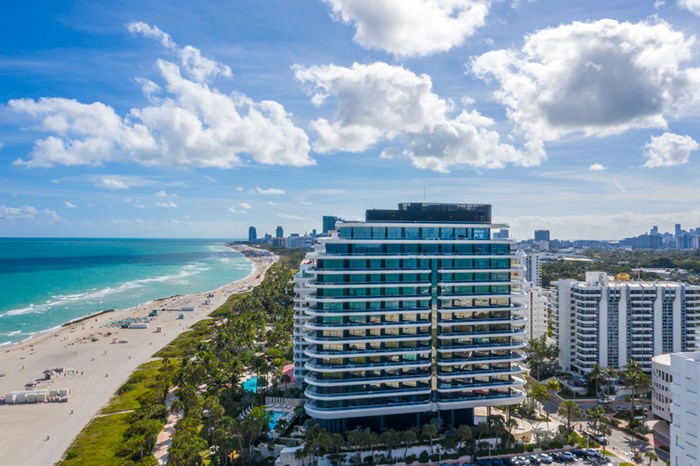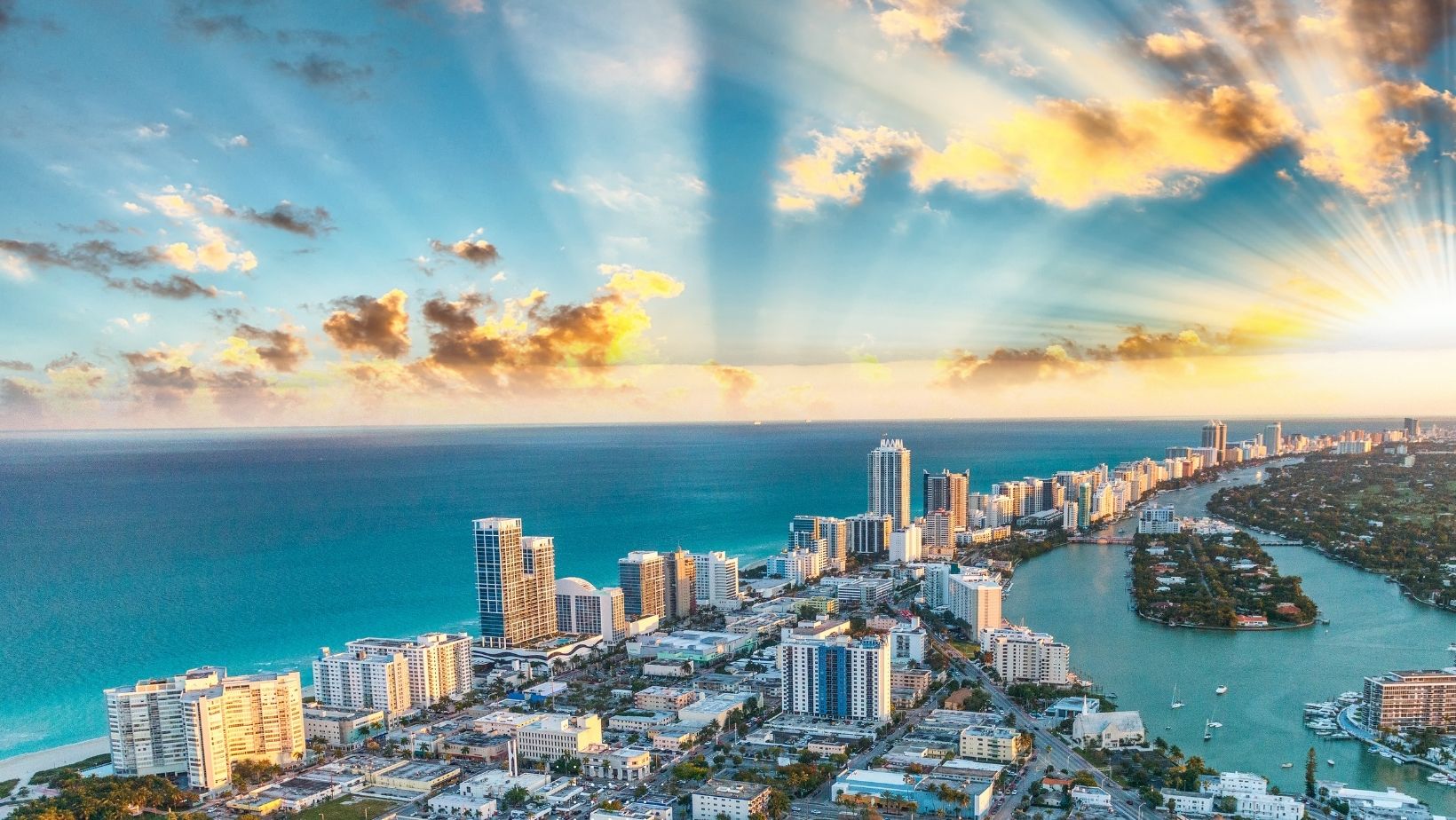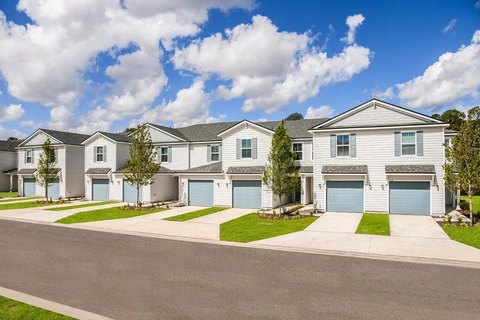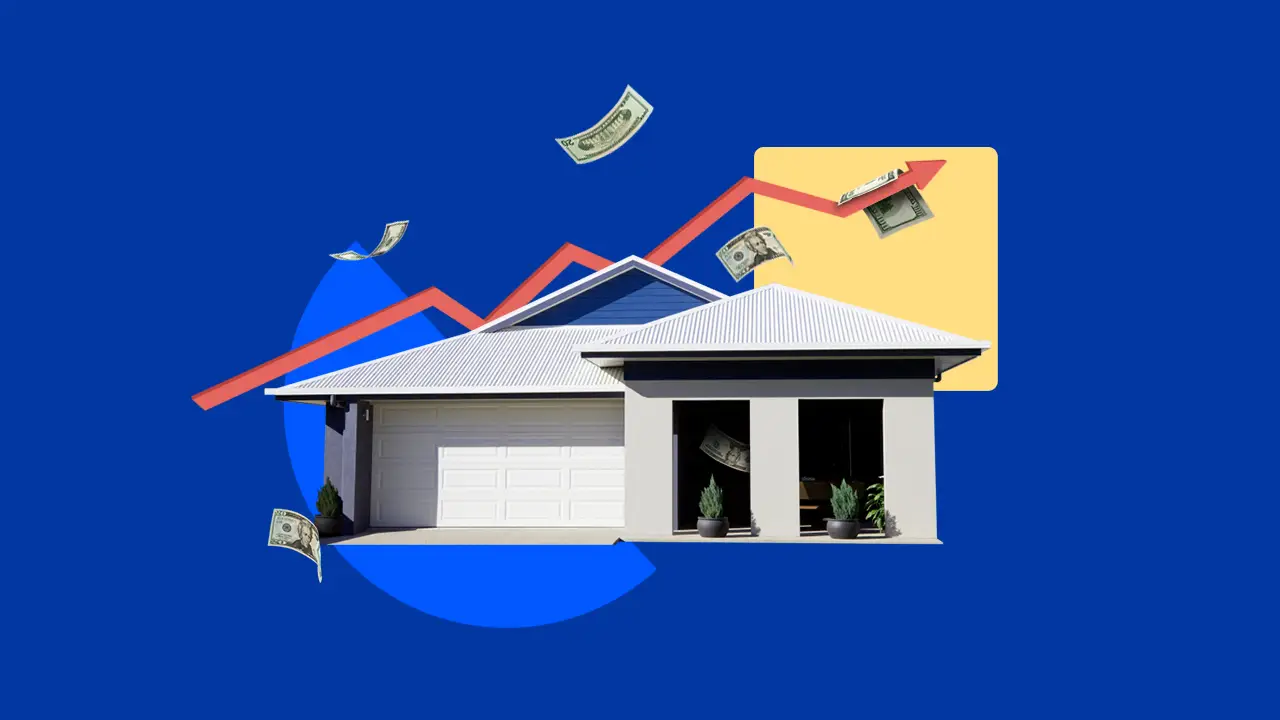Florida Condo Laws Trigger South Florida Sell-Off: A Deep Dive
New Florida condominium regulations have become a tipping point for many South Florida homeowners, forcing them to reassess their living situations and, in many cases, sell their homes. These regulations, designed to ensure safety and long-term stability, have created financial challenges for residents already struggling with the rising costs of living. This article explores the impact of these laws on homeowners, the real estate market, and the broader South Florida community.
The Springbrook Gardens Case: A Snapshot of the Crisis
Springbrook Gardens, a condominium building on Fort Lauderdale Beach, epitomizes the challenges facing Florida homeowners. After inspectors deemed the building unsafe last September due to foundation decay, residents were left with a staggering $4.5 million repair bill. Unable to meet this cost, the building’s owners voted to sell their units, marking the end of an era for this beachfront community.
Warren Sackler, a longtime resident and owner of a double unit at Springbrook Gardens, expressed the frustration felt by many. “Nobody is happy,” Sackler said. “They want to stay, but the costs are too much.”
This situation is not unique to Springbrook Gardens. Across South Florida, rising maintenance fees, insurance premiums, special assessments, and taxes are placing undue strain on condo owners.
The New Laws: What Do They Entail?
The recent legislative changes in Florida require condominiums to:
- Maintain sufficient financial reserves to cover major repairs.
- Conduct regular structural inspections for buildings three stories or taller.
These measures were introduced to prevent tragedies like the Surfside condo collapse in 2021, which claimed 98 lives. While the regulations aim to enhance safety, they have inadvertently created significant financial burdens for many condo owners, especially those in older buildings.
Financial Reserves: A Double-Edged Sword
Condo associations must now allocate substantial funds for future repairs, often leading to increased monthly fees for residents. For those already living on fixed incomes, these additional costs can be overwhelming.
Structural Inspections: Ensuring Safety at a Price
Mandatory structural inspections, while necessary, often uncover extensive issues requiring immediate attention. For older buildings like Springbrook Gardens, the required repairs can run into millions of dollars, leaving residents with limited options.
The Ripple Effect on the Real Estate Market
The new laws have led to a significant shift in South Florida’s real estate market. According to Jeffrey Chenore, a seasoned realtor in the region, the lack of financial reserves in many buildings has made it difficult for potential buyers to secure loans. “We get calls every day from people asking, ‘What should I do?’” Chenore explained. “If there are no reserves, people can’t buy.”
Rising Inventory and Falling Prices
The influx of condos for sale has created a buyer’s market, driving prices down. While this might seem like an opportunity for some, many sellers are finding it difficult to recoup their investments. For long-term homeowners like Sackler, the prospect of finding a comparable waterfront unit is increasingly slim.
Emotional Toll on Homeowners
Beyond the financial strain, the emotional impact of these changes cannot be overstated. For many residents, their condos represent more than just property; they are homes filled with memories. The decision to sell, often made under duress, leaves many feeling uprooted and uncertain about their future.
A Community Displaced
In the case of Springbrook Gardens, the pending demolition of the building symbolizes the loss of a close-knit community. Sackler, like many others, is left wondering where he will go next.
Insights
Why Are the New Laws Necessary?
The updated regulations aim to prevent tragedies and ensure the long-term safety of Florida’s condo buildings. While they impose financial burdens, the goal is to protect residents and maintain property values in the long term.
How Can Homeowners Prepare?
- Understand Financial Obligations: Stay informed about your condo association’s reserves and upcoming assessments.
- Explore Financial Assistance: Research grants or loans that may be available to help cover unexpected costs.
- Consult Real Estate Professionals: Seek advice on whether to sell or stay, based on your financial situation.
Is There Any Relief in Sight?
State and local governments are exploring ways to ease the financial burden on residents, including potential subsidies or incentives for compliance. However, these measures are still in the early stages.
Conclusion: Navigating the Challenges Ahead
Florida’s new condo laws, while well-intentioned, have created significant challenges for homeowners and the real estate market. The case of Springbrook Gardens underscores the difficulties faced by residents who must balance safety, financial responsibility, and personal stability.
As the market adjusts, it is crucial for stakeholders—from condo associations to policymakers—to collaborate on solutions that support homeowners while maintaining the integrity of Florida’s real estate landscape. For now, the focus remains on adapting to these changes and finding pathways to resilience.

